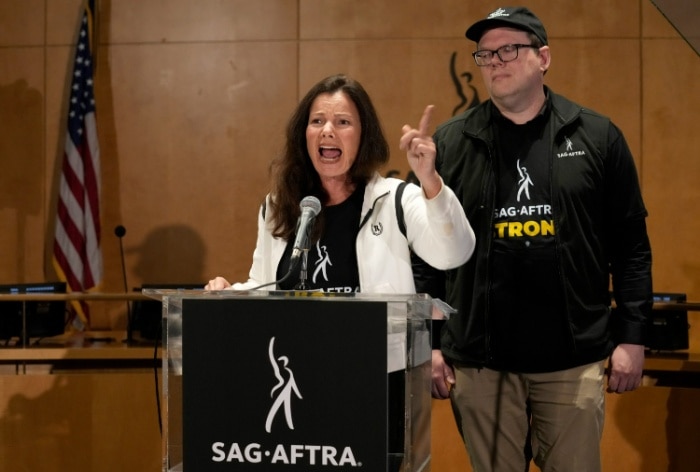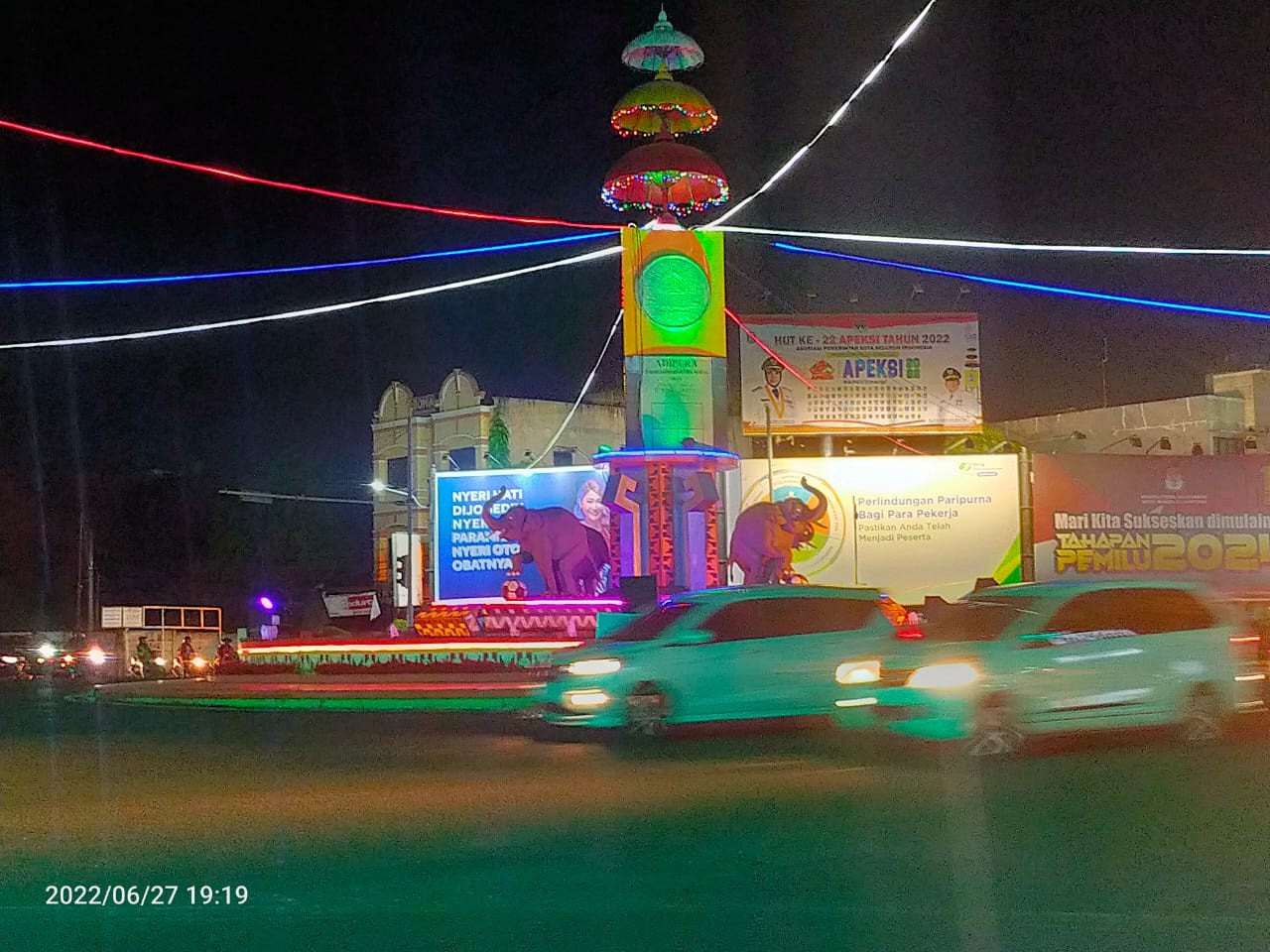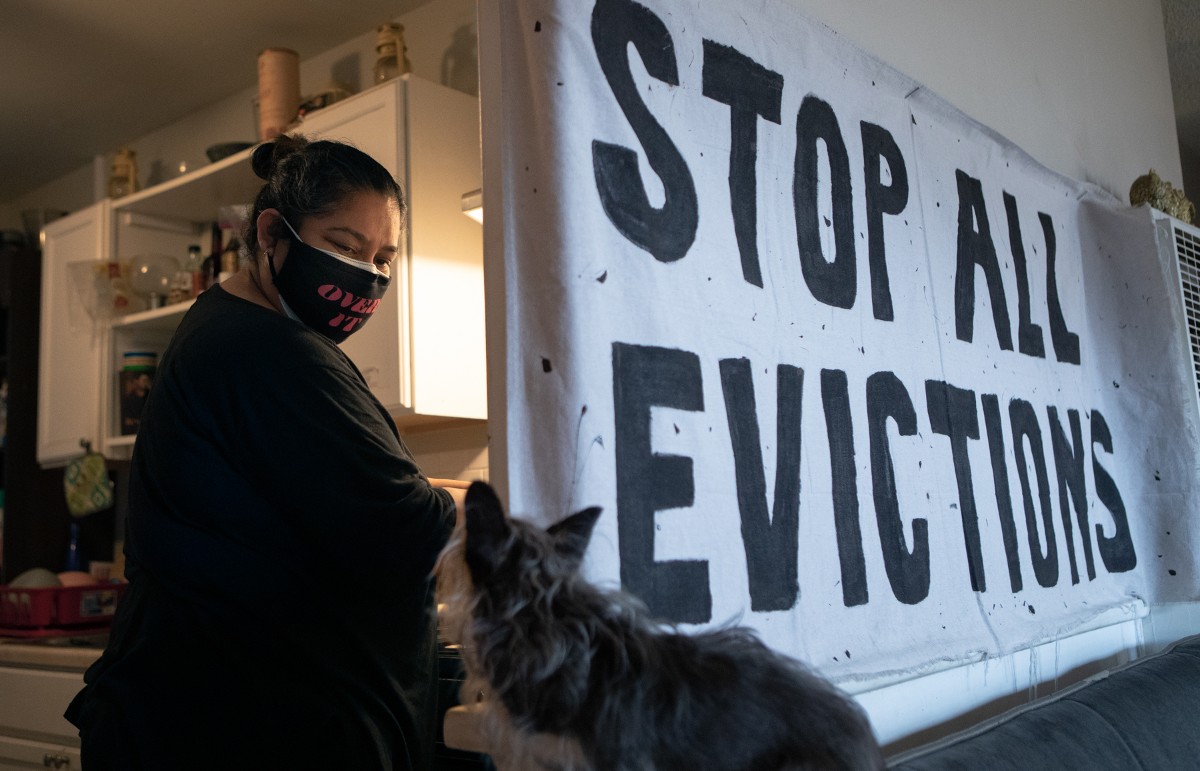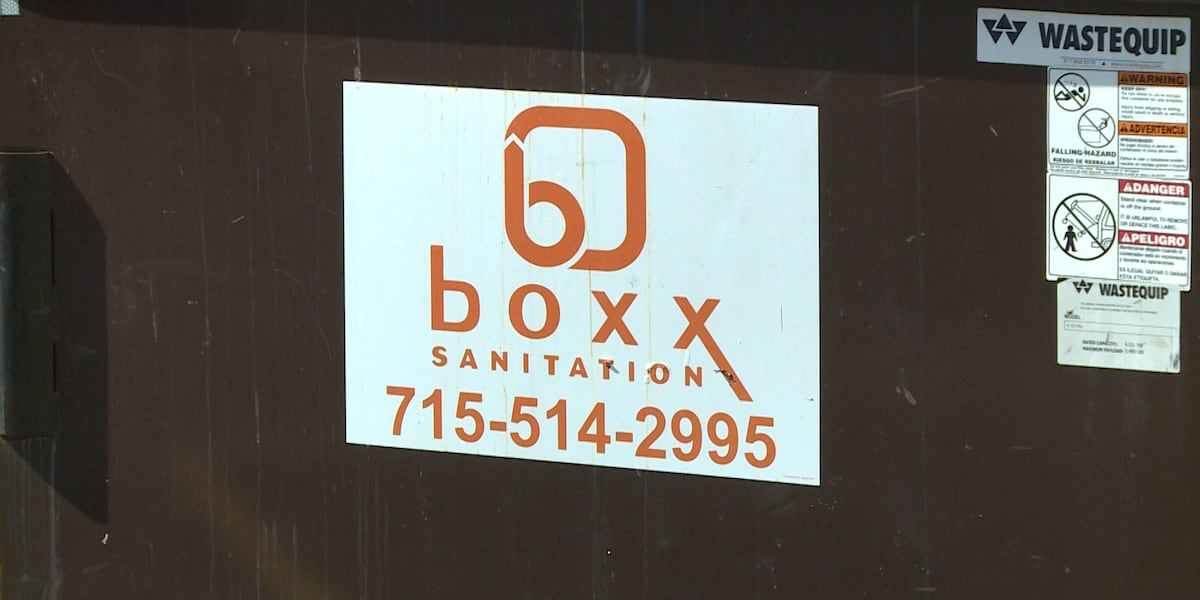Hollywood Production At A Complete Stop Due To Dual Strike

Table of Contents
The Roots of the Dual Strike
The current Hollywood strike is not a singular event but the culmination of long-simmering tensions between labor unions and major studios. The demands of both the WGA and SAG-AFTRA highlight the evolving challenges faced by writers and actors in the age of streaming.
WGA Strike Demands
The WGA strike, which began in May 2023, stems from several key demands concerning fair wages, residuals in the streaming era, and the growing impact of Artificial Intelligence (AI) on screenwriting.
- Minimum Staffing on Productions: The WGA is fighting for adequate staffing levels on shows, preventing studios from cutting corners and exploiting writers.
- Improved Residuals for Streaming: Traditional television residuals provided writers with a substantial portion of their income. Streaming services have drastically reduced these payments, leading to financial instability for many writers.
- Regulation of AI in Screenwriting: The WGA is pushing for protections against the use of AI to generate scripts, ensuring that writers receive proper credit and compensation for their work.
Historically, writers' strikes have occurred periodically, each reflecting the evolving challenges faced by screenwriters. The current strike echoes earlier battles over fair compensation and creative control, but the rise of streaming platforms adds a new layer of complexity to these negotiations. Writers are grappling with the changing economics of the industry and the need for a system that fairly compensates them for their work in the digital age.
SAG-AFTRA Strike Demands
The SAG-AFTRA strike, which began shortly after the WGA strike, shares some common ground with the writers' concerns, but also includes issues specific to actors' working conditions.
- Fair Compensation and Residuals: Similar to the WGA, SAG-AFTRA is fighting for fair wages and improved residuals in the streaming era, addressing the shrinking compensation actors receive for their work on streaming platforms.
- Self-Tape Auditions and AI Concerns: Actors are battling the increasing reliance on self-tape auditions, which often go unpaid, and the potential use of AI to replicate their likenesses without consent or compensation.
- Transparency in Streaming Revenue: SAG-AFTRA demands more transparency from studios regarding the actual revenue generated by streaming services, allowing for a fairer distribution of compensation.
Historically, actors' strikes have had varying degrees of success. This strike, however, reflects a growing sense of urgency and frustration among actors who see their livelihoods threatened by the changing landscape of the entertainment industry.
The Ripple Effect: Consequences of the Hollywood Strike
The dual Hollywood strike is not just affecting writers and actors; it's causing a massive ripple effect throughout the economy and the creative landscape.
Economic Impact
The economic fallout from the Hollywood strike is substantial. Estimates suggest billions of dollars in losses for studios, production companies, and related businesses.
- Loss of Revenue for Studios: Major film and television productions are on hold, resulting in lost revenue from box office sales, streaming subscriptions, and merchandise.
- Job Losses Beyond the Entertainment Industry: The strike impacts countless individuals employed in supporting industries, including catering, transportation, and hospitality.
- Economic Strain on Local Communities: Film production often injects significant funds into local economies. The shutdown leads to job losses and reduced revenue in the communities that rely on film and television production.
Creative Impact
The immediate impact is the delay or cancellation of countless film and television projects, disrupting release schedules and affecting the pipeline of future entertainment.
- Delayed Film and TV Releases: High-profile films and television series are indefinitely postponed, impacting both audience anticipation and studio revenue streams.
- Impact on Awards Season: The strike threatens to significantly alter the awards season, potentially delaying or changing the eligibility criteria for various accolades.
- Potential for Reduced Creative Output: The prolonged strike could lead to a decline in the overall quantity and potentially quality of creative output in the long term.
Public Perception
Public perception of the strike is largely supportive of the writers and actors, who are seen as fighting for fair compensation and working conditions in the face of industry changes. However, media coverage can vary, with some outlets highlighting the economic consequences of the strike while others emphasize the importance of the workers' demands. This public perception, positive or negative, will have a lasting impact on the industry's image and future negotiations.
Potential Resolutions and Long-Term Implications
Resolving the dual Hollywood strike will require significant compromises from both studios and unions.
Negotiation Challenges
The negotiations are complicated by the inherent power imbalance between studios and labor unions. Key sticking points include the definition of "fair compensation" in the streaming era, the role of AI in creative work, and the level of transparency studios are willing to provide concerning revenue streams. Finding a resolution will require careful negotiation and a willingness to address the fundamental concerns of both sides.
Future of the Entertainment Industry
This strike could be a turning point, ushering in significant changes to the entertainment industry. The long-term implications include potential shifts in production models, compensation structures, and the very nature of creative work in the age of AI.
- Shift towards fairer compensation models: The strike could pave the way for more equitable compensation structures that better reflect the value of creative labor in the digital age.
- Changes in production models: The industry may move towards more sustainable production models that prioritize fair wages and working conditions.
- Increased Regulation of AI in the industry: The strike could lead to increased scrutiny of the use of AI in creative work and the establishment of guidelines to protect artists' rights and livelihoods.
Conclusion
The dual Hollywood strike represents a critical moment for the entertainment industry. The impact extends far beyond the immediate participants, affecting the economy, the creative landscape, and the public's perception of the industry. The significant disruptions to film and television production, the substantial economic repercussions, and the potential for long-term industry transformation highlight the profound consequences of this historic work stoppage. Staying informed about the ongoing Hollywood strike and its potential resolutions is crucial. Follow the developments closely as the situation unfolds and learn how you can support the writers and actors fighting for fair compensation and better working conditions. Understanding the implications of the Hollywood strike is essential for anyone invested in the future of film and television production.

Featured Posts
-
 Ou Acheter Le Samsung Galaxy S25 Ultra 256 Go Top Produit Au Meilleur Prix
May 28, 2025
Ou Acheter Le Samsung Galaxy S25 Ultra 256 Go Top Produit Au Meilleur Prix
May 28, 2025 -
 Prakiraan Cuaca Besok Di Bali Denpasar Diprediksi Hujan Lebat
May 28, 2025
Prakiraan Cuaca Besok Di Bali Denpasar Diprediksi Hujan Lebat
May 28, 2025 -
 Tyrese Haliburton Injury Update Will He Play Against The Nets
May 28, 2025
Tyrese Haliburton Injury Update Will He Play Against The Nets
May 28, 2025 -
 Affordable Rent Protections Under Review Potential For Rental Market Changes
May 28, 2025
Affordable Rent Protections Under Review Potential For Rental Market Changes
May 28, 2025 -
 Cherki Transfer News What A German Insider Says
May 28, 2025
Cherki Transfer News What A German Insider Says
May 28, 2025
Latest Posts
-
 Dragon Den Star Sues Competitor Over Stolen Puppy Toilet Invention
May 31, 2025
Dragon Den Star Sues Competitor Over Stolen Puppy Toilet Invention
May 31, 2025 -
 Dragon Den Winners Lawsuit Puppy Toilet Idea Theft Alleged
May 31, 2025
Dragon Den Winners Lawsuit Puppy Toilet Idea Theft Alleged
May 31, 2025 -
 Estevans 2024 Road Sweeping Dates And Important Information
May 31, 2025
Estevans 2024 Road Sweeping Dates And Important Information
May 31, 2025 -
 City Of Estevan Releases 2024 Street Sweeping Dates
May 31, 2025
City Of Estevan Releases 2024 Street Sweeping Dates
May 31, 2025 -
 Duncan Bannatynes Charitable Contribution To Children In Morocco
May 31, 2025
Duncan Bannatynes Charitable Contribution To Children In Morocco
May 31, 2025
